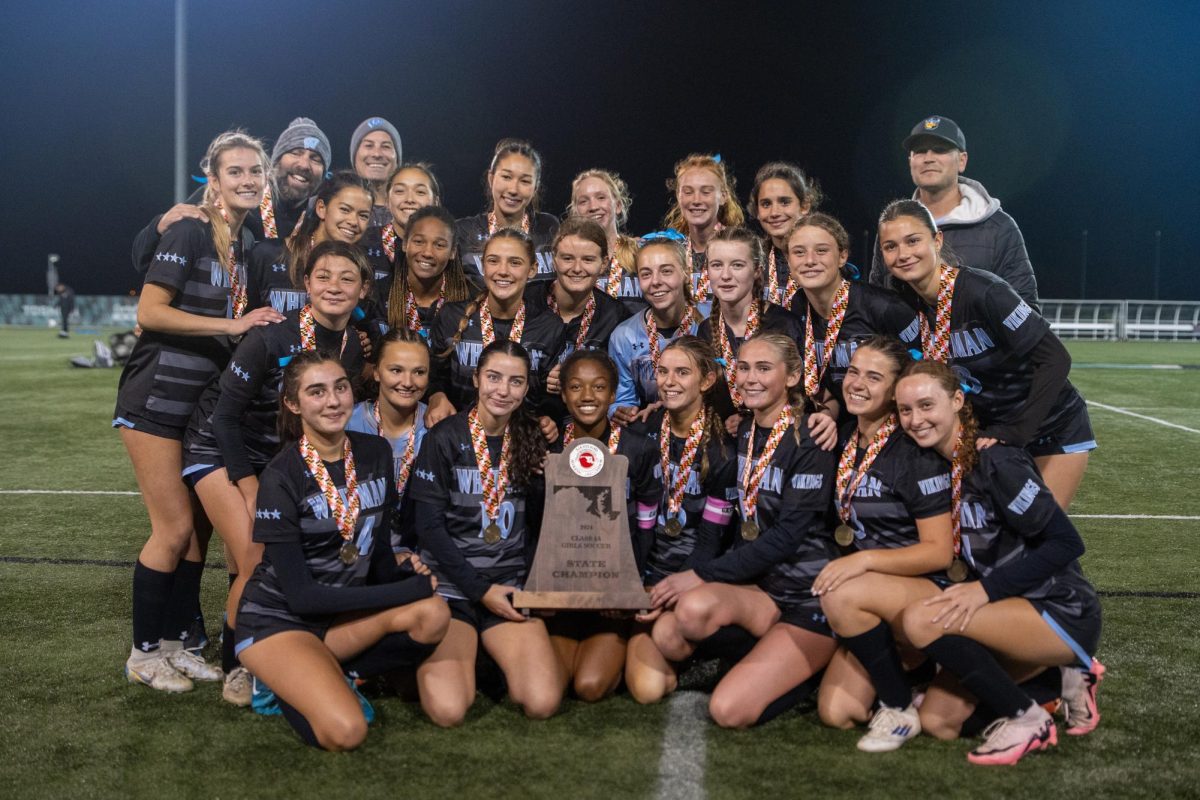It would be foolish to play poker without knowing the rules. But it would be more foolish to take out a loan, where the financial stakes are higher, without understanding the principle of interest, yet many Americans, unaware of how financial institutions work, take risks that could ruin their credit or cost them their house or life savings.
Even worse, adults are passing down their financial illiteracy to their children. MCPS should join districts from 24 other states in requiring a personal finance course.
The Maryland State Department of Education set guidelines requiring school districts to add personal finance lessons to their elementary, middle and high school curricula by September 2011, but MCPS applied for a waiver from that requirement.
The county wants additional time to meet the requirement by adding on the proposed personal finance lessons to the NSL curriculum. Instead of adding unrelated material to a government class that is already overflowing with information, the county should require that students take the existing personal finance class the same year as the required semester-long health class. This would help fill a gap that many students have in their schedule and would also provide ample time to teach students important topics, such as credit, mortgages, human capital and financial planning.
Students can already take personal finance as a course at school, so the cost of a mandatory personal finance course would be relatively low as the state has created multiple curriculums for counties to use, and the infrastructure and teachers are already in place to facilitate the class.
More importantly, financial literacy courses are cost-effective in the long run by preventing economic disasters in the future. Homebuyers who took out mortgages they couldn’t afford played a major role in the current national economic woes, said financial magazine Money Week. Since the housing crisis in 2008, Americans still haven’t learned the importance of financial responsibility: over 60 percent of adults reported they haven’t reviewed their credit score or report in the past year, according to the National Foundation for Credit Counseling’s 2011 Consumer Financial Literacy Survey.
While those statistics are alarming, the financial knowledge of teenagers is even more grim. Only 31 percent of teenagers know what a credit score is or understand credit card interest and fees, according to Charles Schwab’s 2011 Teens and Money Survey, while only 22 percent of the survey’s respondents knew how income taxes work. In the midst of taking all their other courses, students fail to learn skills that will help them in the real world, such as how to manage a credit card responsibly. A required personal finance course can help combat widespread financial illiteracy among students.
As of now, the state is considering further legislation that would require students to take a semester-long course on credit cards, checking accounts, variable rates, stocks, bonds and related subjects. But MCPS shouldn’t wait for the state to mandate a semester of personal finance — it should take charge and adjust the requirements now.









